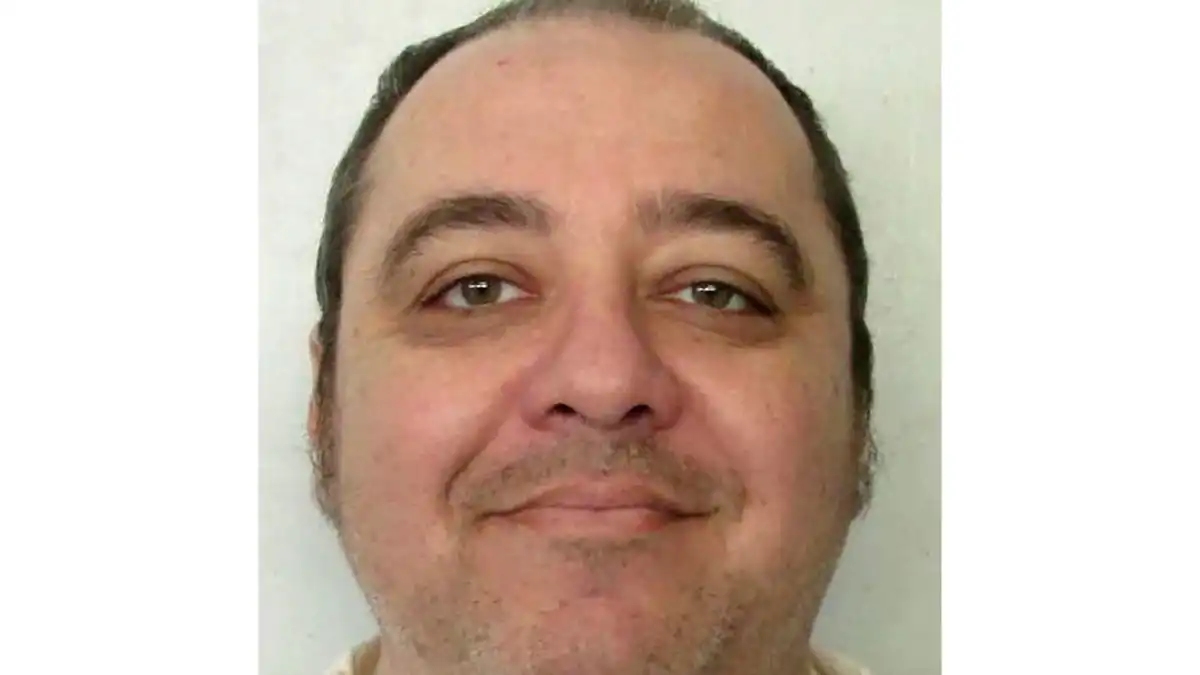Kenneth Eugene Smith and Elizabeth Sennett: What Happened?
Kenneth Eugene Smith to be first person in US executed by nitrogen gas after losing last-minute appeals. Scheduled execution today.
Kenneth Eugene Smith is set to make history as the first person in the US to be executed with nitrogen gas after losing his last-minute appeals. Both the US Supreme Court and a federal appeals court have refused his request for a stay of execution, despite his lawyers calling it "cruel and unusual" punishment.
Originally, Smith was scheduled to be executed by lethal injection in November 2022, but this was postponed due to a botched attempt to administer the poison. Now, opponents of nitrogen gas as an execution method argue that it could cause unnecessary suffering and potentially harm others present at the execution.
Smith, now 58 years old, was convicted in 1989 of the murder of Elizabeth Sennett. The case involved a shocking conspiracy, as Pastor Charles Sennett Senior hired one of his tenants to murder his wife, Elizabeth, in order to claim insurance money to alleviate his debt. The tenant recruited Smith and another man to assist in the murder, with each of them promised $1,000 for their involvement.
Elizabeth Sennett was found dead in her home in Colbert County, Alabama in 1988, having been brutally beaten and stabbed. The crime scene was staged to look like a home invasion, but investigators received a tip identifying the suspects.
During the investigation, Pastor Sennett was brought in for questioning and later admitted to having an affair and orchestrating his wife's murder. He then tragically took his own life.
In a recent interview, Smith expressed regret for his involvement in the crime, stating that it was a single moment in his life that does not define him. He also emphasized that he has been in prison for 35 years and has suffered punishment during that time.
Despite his protests, Kenneth Eugene Smith is scheduled to be executed by nitrogen gas at 6 pm local time today. This execution method has sparked controversy and debate, but for Smith, it represents the end of a long and painful chapter in his life.











Comments on Kenneth Eugene Smith and Elizabeth Sennett: What Happened?